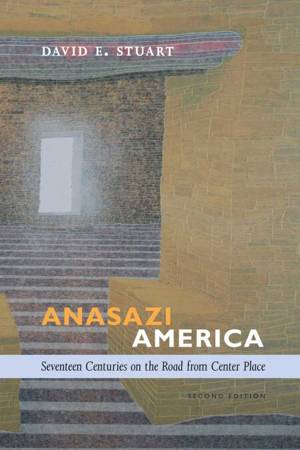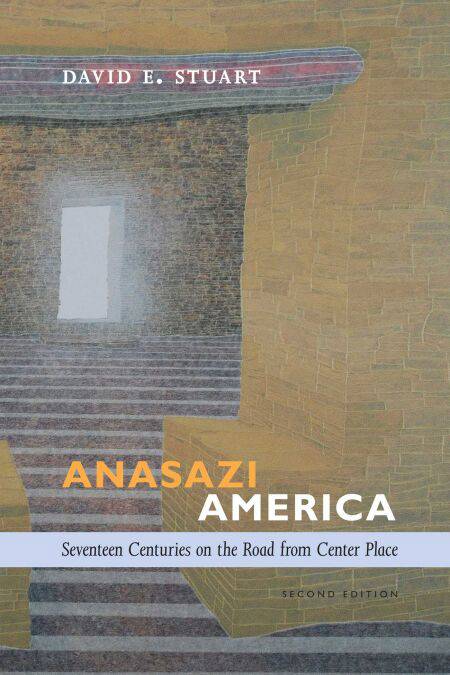
Bedankt voor het vertrouwen het afgelopen jaar! Om jou te bedanken bieden we GRATIS verzending (in België) aan op alles gedurende de hele maand januari.
- Afhalen na 1 uur in een winkel met voorraad
- In januari gratis thuislevering in België
- Ruim aanbod met 7 miljoen producten
Bedankt voor het vertrouwen het afgelopen jaar! Om jou te bedanken bieden we GRATIS verzending (in België) aan op alles gedurende de hele maand januari.
- Afhalen na 1 uur in een winkel met voorraad
- In januari gratis thuislevering in België
- Ruim aanbod met 7 miljoen producten
Zoeken
Anasazi America E-BOOK
Seventeen Centuries on the Road from Center Place, Second Edition
David E. Stuart
E-book | Engels
€ 26,83
+ 26 punten
Uitvoering
Omschrijving
At the height of their power in the late eleventh century, the Chaco Anasazi dominated a territory in the American Southwest larger than any European principality of the time. Developed over the course of centuries and thriving for over two hundred years, the Chacoans’ society collapsed dramatically in the twelfth century in a mere forty years.
David E. Stuart incorporates extensive new research findings through groundbreaking archaeology to explore the rise and fall of the Chaco Anasazi and how it parallels patterns throughout modern societies in this new edition. Adding new research findings on caloric flows in prehistoric times and investigating the evolutionary dynamics induced by these forces as well as exploring the consequences of an increasingly detached central Chacoan decision-making structure, Stuart argues that Chaco’s failure was a failure to adapt to the consequences of rapid growth—including problems with the misuse of farmland, malnutrition, loss of community, and inability to deal with climatic catastrophe.
Have modern societies learned from the experience and fate of the Chaco Anasazi, or are we risking a similar cultural collapse?
David E. Stuart incorporates extensive new research findings through groundbreaking archaeology to explore the rise and fall of the Chaco Anasazi and how it parallels patterns throughout modern societies in this new edition. Adding new research findings on caloric flows in prehistoric times and investigating the evolutionary dynamics induced by these forces as well as exploring the consequences of an increasingly detached central Chacoan decision-making structure, Stuart argues that Chaco’s failure was a failure to adapt to the consequences of rapid growth—including problems with the misuse of farmland, malnutrition, loss of community, and inability to deal with climatic catastrophe.
Have modern societies learned from the experience and fate of the Chaco Anasazi, or are we risking a similar cultural collapse?
Specificaties
Betrokkenen
- Auteur(s):
- Uitgeverij:
Inhoud
- Aantal bladzijden:
- 344
- Taal:
- Engels
Eigenschappen
- Productcode (EAN):
- 9780826354792
- Verschijningsdatum:
- 14/05/2014
- Uitvoering:
- E-book
- Beveiligd met:
- Adobe DRM
- Formaat:
- ePub

Alleen bij Standaard Boekhandel
+ 26 punten op je klantenkaart van Standaard Boekhandel
Beoordelingen
We publiceren alleen reviews die voldoen aan de voorwaarden voor reviews. Bekijk onze voorwaarden voor reviews.









